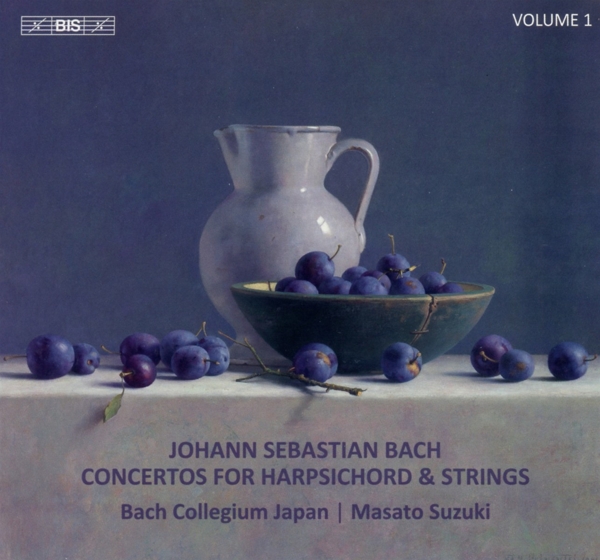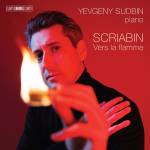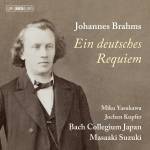Other products from Masato Suzuki / Bach Collegium Japan |
My Account
|
Log In
|
English |
€ Euro |
Advanced Search
|
All Categories
BEST SELLER
500
NEW RELEASES
8.720
SPECIALS
221.887
Your search:
No selection
Filter results:
TECHNICS
254.294
GAMES/SOFTWARE
25.330
MUSIC
696.645
- Accordion
6
- Bassoon
14
- Bugle
32
- Cello
178
- Clarinet
51
- Double Bass
8
- Early Instrum.
9
- Flute
66
- Guitar
28
- Harp
15
- Harpsichord
25
- Lute
4
- Mandolin
5
- Oboe
41
- Organ
31
- Other Concerto
9
- Other Concerto
1.081
- Percussion
7
- Piano
595
- Recorder
16
- Saxophone
17
- Solo Instruments
33
- Trombone
12
- Trumpet
72
- Tuba
7
- Viola
23
- Violin
430
Other Classic
4.423
Symphonic Music
13.011
|
Music Movie Audiobooks Merchandise Children's |





















